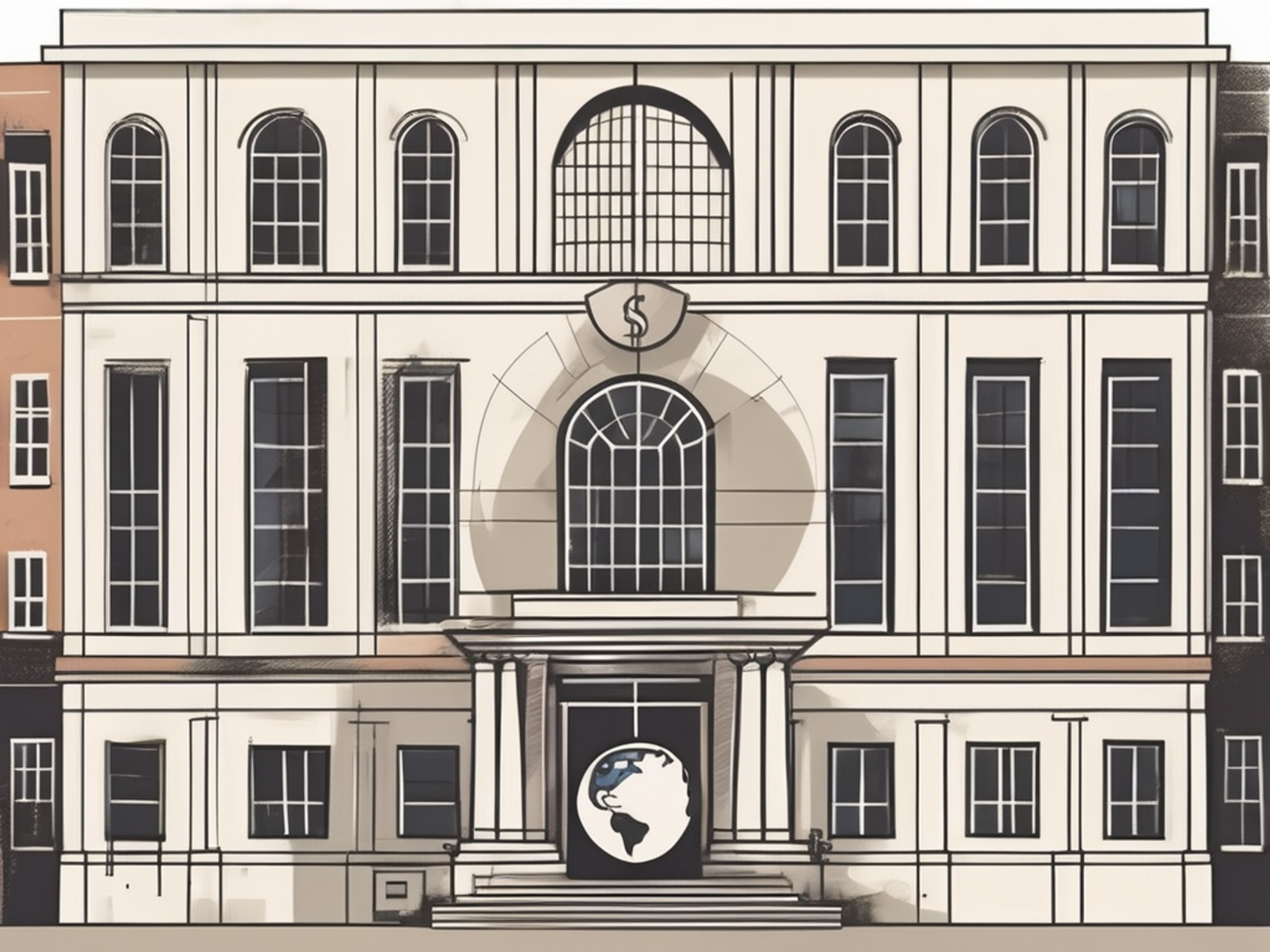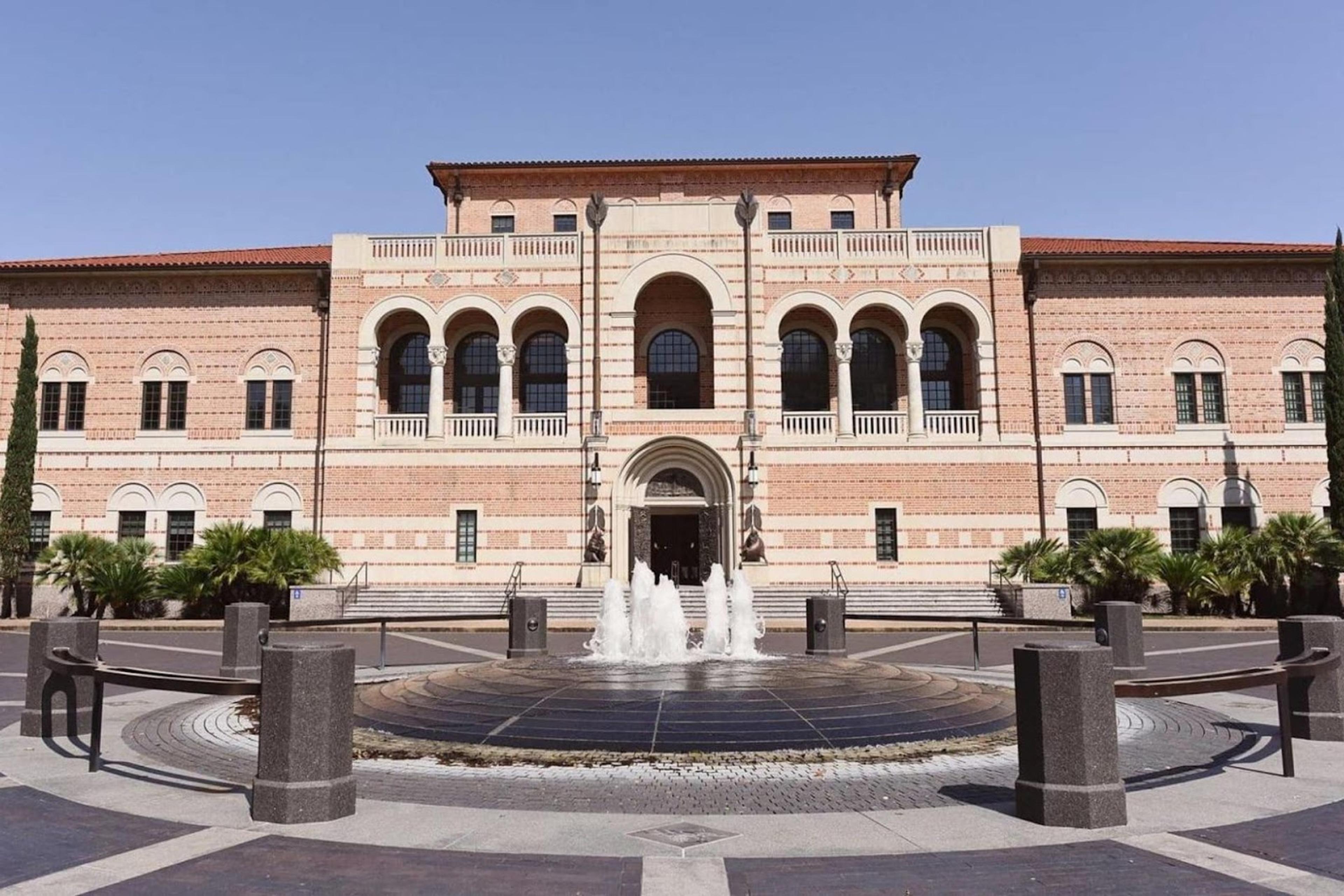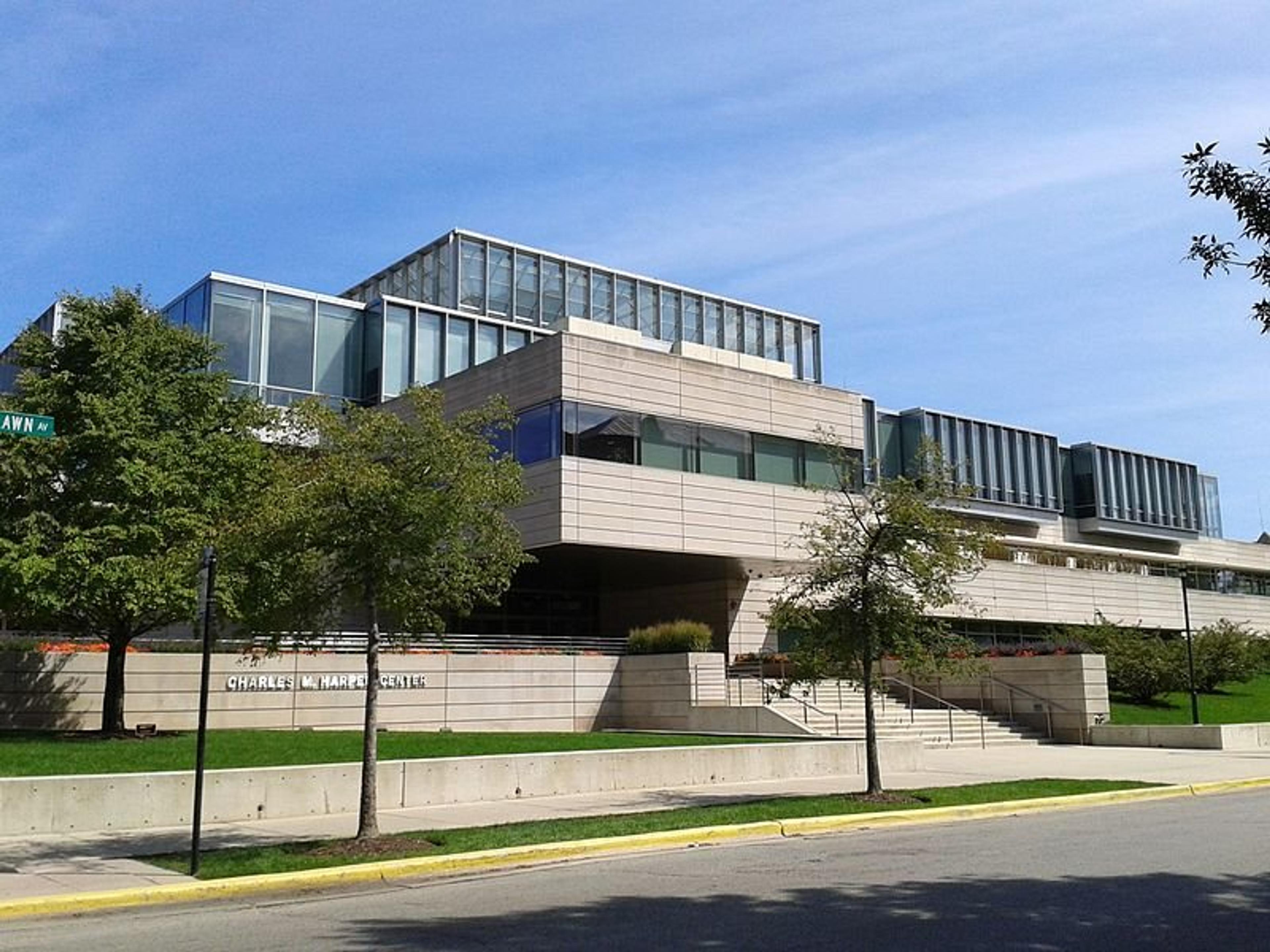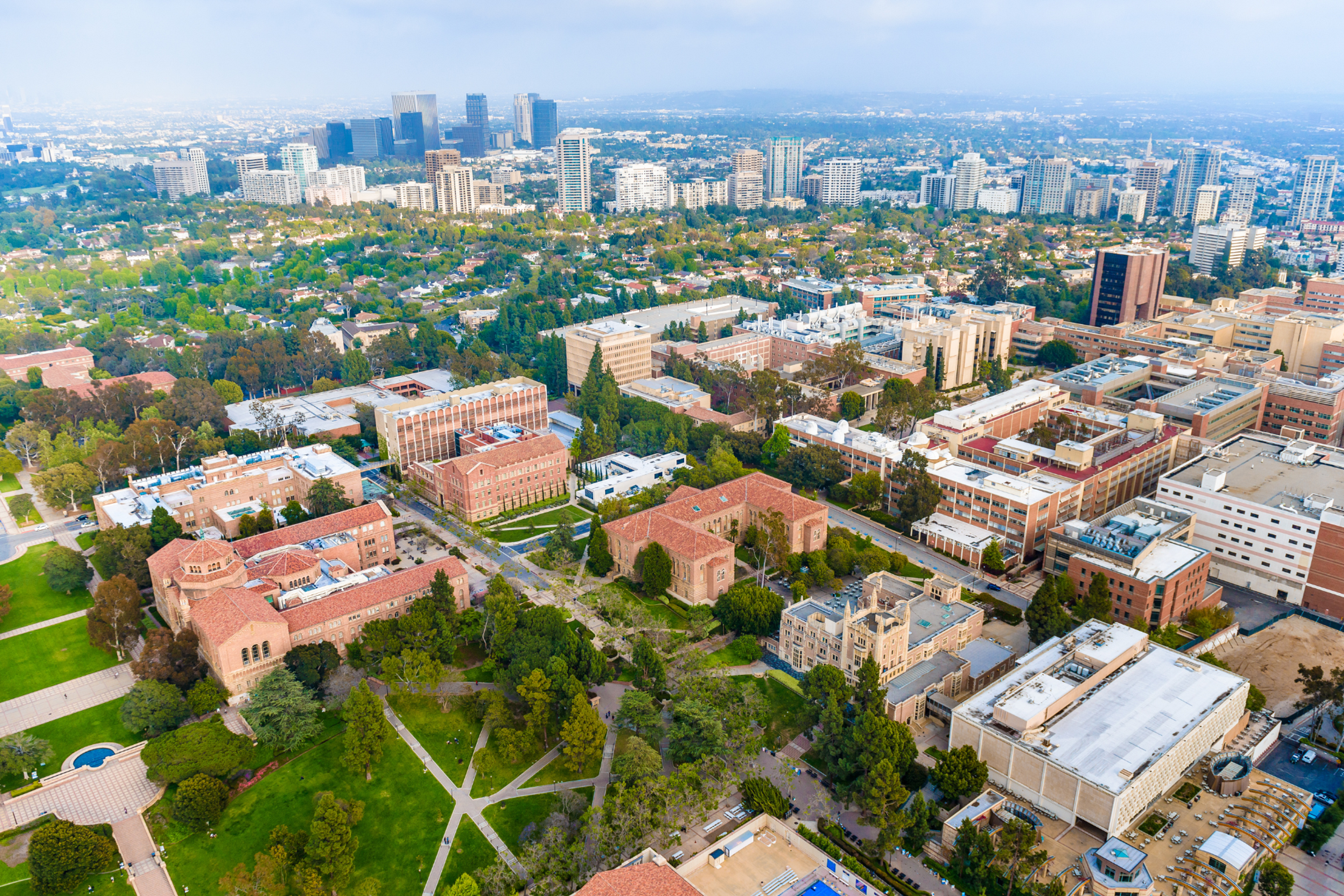
Table of Contents
The Wharton MBA program at the University of Pennsylvania is renowned for its rigorous curriculum, esteemed faculty, and world-class networking opportunities. As prospective students consider embarking on this transformative journey, it is essential to understand the Wharton MBA class profile. This article explores the key insights and takeaways derived from scrutinizing this profile.
Understanding the Wharton MBA Class Profile
The Wharton MBA class is a mosaic of diverse individuals who bring unique perspectives, experiences, and aspirations. The following sections provide an in-depth analysis of the various dimensions that define this vibrant community.
The Importance of Diversity in the Wharton MBA Class
Wharton values diversity in all its forms. The school believes that a diverse classroom fosters richer intellectual debates, promotes cultural competency, and prepares students for the multicultural business landscape. The Wharton MBA class profile represents students from a wide range of nationalities, ethnicities, and backgrounds.
Within the Wharton MBA class, diversity goes beyond just nationality and ethnicity. It encompasses a multitude of dimensions, including gender, socioeconomic background, sexual orientation, and more. This commitment to diversity ensures that students are exposed to a wide array of perspectives, challenging their own assumptions and broadening their worldview.
Furthermore, Wharton actively seeks to create an inclusive environment where students feel comfortable expressing their unique identities. The school provides resources and support networks for underrepresented groups, fostering a sense of belonging and empowerment.
Academic Backgrounds of Wharton MBA Students
Wharton seeks students who possess exceptional academic qualifications. The class profile typically includes graduates from renowned undergraduate institutions worldwide. Additionally, students may hold advanced degrees in diverse fields such as engineering, social sciences, and humanities.
Academic excellence is a cornerstone of the Wharton MBA program. The rigorous curriculum challenges students to think critically, analyze complex business problems, and develop innovative solutions. The diverse academic backgrounds of Wharton MBA students contribute to a dynamic learning environment, where different perspectives merge to create a rich tapestry of knowledge.
Moreover, Wharton recognizes the value of interdisciplinary learning. The school encourages students to explore courses outside their comfort zones, fostering a well-rounded education that combines business acumen with a broader understanding of the world. This interdisciplinary approach equips graduates with the versatility and adaptability needed to thrive in today's rapidly evolving business landscape.
Professional Experience of Wharton MBA Students
Prior professional experience is a crucial aspect of the Wharton MBA class profile. Candidates with diverse industry backgrounds contribute a wealth of knowledge to classroom discussions and group projects. The class includes professionals who have excelled in finance, technology, consulting, entrepreneurship, and various other sectors.
Wharton recognizes that real-world experience is invaluable in shaping a well-rounded business leader. The school actively seeks candidates who have demonstrated leadership, innovation, and impact in their respective fields. This emphasis on professional experience ensures that the classroom becomes a melting pot of ideas, where students can learn from each other's successes and challenges.
Furthermore, Wharton provides numerous opportunities for students to further enhance their professional skills and networks. The school's strong connections with industry leaders and alumni network enable students to engage in internships, consulting projects, and networking events that facilitate career advancement and exploration.
Overall, the Wharton MBA class profile reflects a community of individuals with diverse backgrounds, experiences, and aspirations. This diversity enriches the learning experience, fosters collaboration, and prepares students to become global business leaders who can navigate the complexities of today's interconnected world.
3 Key Insights from the Wharton MBA Class Profile
An analysis of the Wharton MBA class profile reveals insightful trends and shifts that offer a glimpse into the trajectory of the program.
Trends in Student Demographics
Over the years, Wharton's MBA program has witnessed an increase in the representation of women and underrepresented minorities. The school's commitment to fostering an inclusive community has resulted in a more balanced and diverse class.
Shifts in Career Aspirations
The Wharton MBA class profile reflects changing career paths and aspirations of students. There has been a notable increase in students seeking opportunities in industries such as technology, healthcare, and sustainability, reflecting the evolving business landscape.
Changes in Academic Backgrounds
Furthermore, the percentage of students with engineering and science backgrounds in the Wharton MBA class has steadily risen. This trend indicates a growing recognition of the importance of combining technical expertise with business acumen.
Takeaways for Prospective Wharton MBA Students
Prospective Wharton MBA students can draw valuable insights from the class profile, enabling them to make informed decisions and better align their aspirations with the program's offerings.
Preparing for the Wharton MBA Program
Understanding the academic rigor and preparing adequately can greatly enhance a prospective student's experience. Engaging in pre-MBA coursework or workshops can help bridge any skill gaps and provide a solid foundation.
Leveraging Your Unique Background
The Wharton MBA class profile emphasizes the importance of embracing one's unique background and experiences. Leveraging these strengths contributes to a more robust classroom environment and enriches the learning experience for all.
Navigating the Wharton MBA Application Process
Applicants should thoroughly research and understand the qualities that Wharton seeks in prospective students. The class profile provides valuable insights into the attributes that Wharton values during the application review process.
The Impact of the Wharton MBA Program
The transformative power of the Wharton MBA program extends far beyond the classroom, shaping successful careers and offering lifelong learning opportunities.
Career Outcomes for Wharton MBA Graduates
Wharton MBA graduates consistently achieve remarkable career outcomes, securing influential positions in top companies worldwide. The program's reputation, combined with extensive alumni networks, empowers graduates to excel in diverse fields.
The Wharton MBA Network
Wharton boasts a vast and influential alumni network, providing continuous support and connections that extend well beyond graduation. This extensive network becomes an invaluable resource for professional growth and advancement.
Lifelong Learning Opportunities at Wharton
Graduating from the Wharton MBA program opens doors to numerous lifelong learning opportunities. Wharton offers a wide range of executive education programs, conferences, and networking events, allowing alumni to stay at the forefront of industry knowledge.
In summary, the Wharton MBA class profile offers invaluable insights into the program's dynamism, diversity, and impact. Prospective students can draw inspiration from this profile, shaping their own unique paths while contributing to the rich tapestry of the Wharton community.
Read these article next:
Wharton MBA Curriculum Overview - Concentrations, Core, and Electives



















